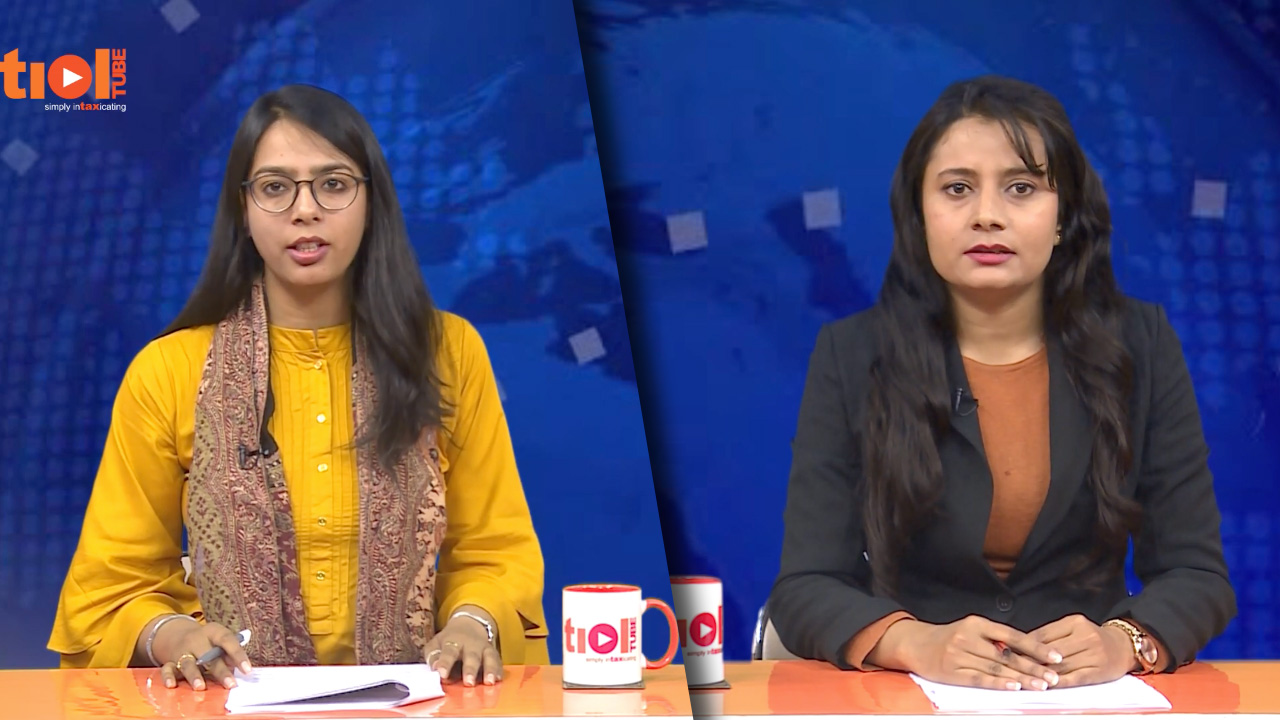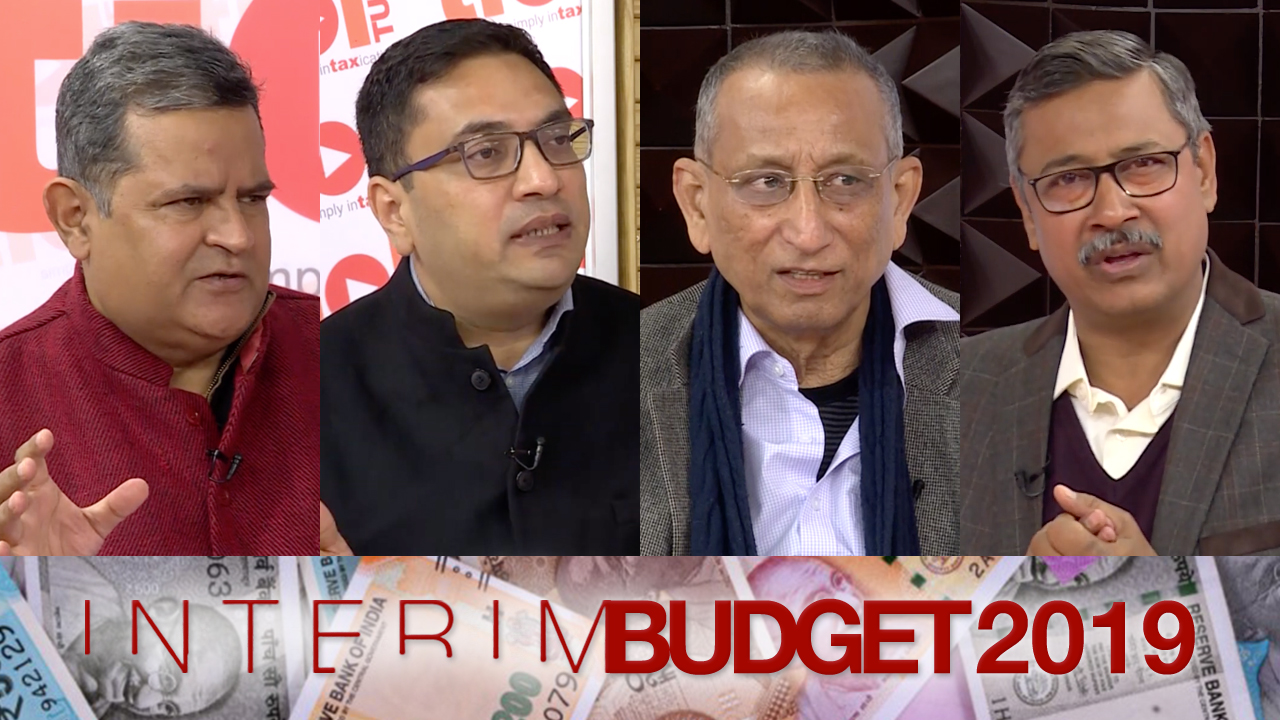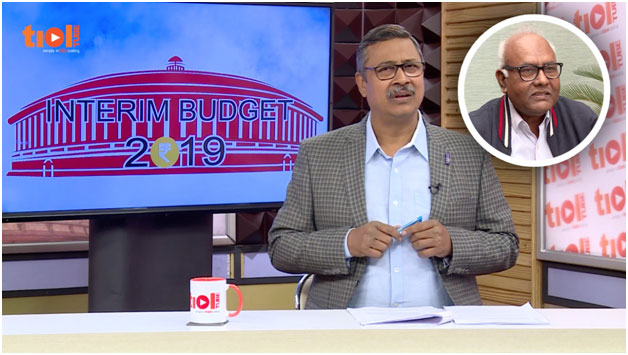SERVICE TAX
2019-TIOL-360-HC-PATNA-ST
Usha Lata Welfare Society Vs UoI
ST - The petitioner filed the present writ, being aggrieved by an order raising demand for service tax.
Held - It is seen that the alternate remedy of appeal is available to the petitioner - Hence the petitioner is given liberty to approach the appellate authority u/s 85 of the Finance Act 1994 and raise all issues therein - Appeal be filed within 30 days & accompanied with application for condonation of delay: HC
- Assessee's writ petition dismissed
:
PATNA
HIGH COURT
2019-TIOL-508-CESTAT-BANG
Himatsingka Linens Vs CCT
ST - Refund - Notification 12/2013-ST - Revenue entertained a view that the appellant, a SEZ unit, has not fulfilled the conditions of the Notification and also failed to produce proper and valid documents justifying the refund claim - SCN issued - Original authority sanctioned Rs.16,94,303/- and rejected the remaining amount of Rs.27,39,679/- on the ground thatservices procured from vendors such as Deloitte Touche Tohmatsu India Pvt. Ltd., Grant Thornton etc. does not appear in the vendor list as approved by the Development Commissioner; that ISD invoices appear time barred; that there is no proof of evidence of proper distribution of CENVAT credit in respect of ISDs - since order upheld by Commissioner(A), assessee in appeal before CESTAT.
Held: Impugned order is not a speaking order and has not considered all the documents along with relevant letters of approval submitted by the appellant - also it is settled by various cited decisions that the condition of approval from Unit Approval Committee (UAC) is not a mandatory requirement as the SEZ Act vide Section 51 will have a overriding effect over the provisions of any other law - impugned order set aside and matter remanded to the original authority: CESTAT [para 6]
- Matter remanded: BANGALORE CESTAT
2019-TIOL-507-CESTAT-MAD
Ramani Realtors Pvt Ltd Vs CST
ST - The assessee filed a refund claim stating that the they had paid the service tax by mistake as they were not liable to pay service tax under "Construction of Commercial or Industrial Construction Service" as stated by the Board in Circular No. 332/35/2006-TRU - Thus, an SCN was issued in which the assessee proposed to reject such refund claim by stating that the documentary evidence to support their claim were not produced by the them - On appeal, the Commissioner(A) rejected such claim of the assessee.
Held: The ground on which SCN has been issued is that refund claim is barred by limitation and also that appellant has not produced necessary documents to establish that the construction activity was done by themselves and that they have not engaged any other person for construction of the residential complex - Thus, the Court held that the claim is barred by limitation and uphold the given finding passed by the lower authorities - Hence, the assessee is not eligible for refund of the said amounts - Moreover, the matter warrants remand regarding the contention that the assessee did not furnish the requisite documents to establish that the construction activities were done by themselves without engaging any other party: CESTAT (Paras 1, 4, 5)
- Assessee's appeal partly allowed: CHENNAI CESTAT
2019-TIOL-506-CESTAT-KOL
Priyatama Mohanty Vs CCE & ST
ST - Smt. Priyatama Mohanty, as Proprietor applied for a registration in the name and style of Universal Travel which was granted by issuing registration - The Noticee firm was a Partnership firm at least up to issue of the new registration on 29.09.2008 as per the records of department and the observation of Addl. Commissioner based on reply of one of the Partners, without giving any opportunity to the other Partners, for their submission to the effect that it was a sole Proprietary firm from the beginning is bad in law - The organization of the firm was " Partnership" and it is evident not only form the application form in ST-1, but also from the Balance Sheet which has been signed by Partner Shri Santosh Kumar Sarangi - Shri Santosh Kumar Sarangi was given over all charge of organization since the appellant is a house-wife, completely ignorant about the complex provisions of Service Tax procedures and due to her engagement in attending to her disabled husband, she was not able to concentrate in the Partnership work - In the SCN, there is no allegation against Smt. Priyatama Mohanty either as Partner or as Proprietor or the other partner-Shri Santosh Kumar Sarangi, in as much as, demand had been issued to the Partnership firm, i.e. M/s Universal Travels - The Adjudicating Authority has not given any notice to the appellant to record her submissions on the point and therefore the order cannot be sustained - In this context, the ratio of decision of High Court of Jharkhand in case of Damodar Valley Corporation is squarely applicable to the facts of the present case - Impugned order is set aside and matter remitted to the Adjudicating Authority to decide afresh: CESTAT
- Matter remandedL KOLKATA CESTAT
CENTRAL EXCISE
Shree Sai Processors Vs UoI
CX - What is essentially under challenge is an attempt and coercive action on the part of the respondents in seeking recovery of the excise dues of one M/s.Shri Ganesh Mahadev Dyeing Mills, a partnership firm from whom the petitioner purchased the property along with the construction and machinery thereon under the Sale Deed dated 7.9.2007 and obtained possession on 1.6.2006, on the specious ground that the petitioner would be liable to make good the excise departmental outstanding under the provisions of section 11 of the Central Excise Act, 1944 [Act] as petitioner was perceived to be successor of the erstwhile owner of the property, which as per the petitioner was wholly incorrect, ill-conceived and deserve to be quashed and set aside.
Held : In the affidavit-in-reply of the respondent, it is nowhere pleaded that there was any fraudulent transfer of business for avoiding the payment of dues by the erstwhile owner of the property - the excise dues were not liable to be recovered from the property in question in the hands of the petitioner as, till the property changed hands, there was no attachment or restrictions or charge placed by the department - therefore, it was not open to the department to invoke provision of section11 to rope in the subsequent purchaser of the property by misconceiving it to be a purchase of business so as to attribute the petitioner successor only for the purpose of invoking section 11, which unfortunately has not been established by the petitioner in the present petition - close perusal of the affidavit-in-reply also clearly indicates that in absence of such an attempt, section11 of the Act and its invocation cannot justify any demand from the petitioner or the dues of the erstwhile owner of the property- it would be open to the petitioner to seek appropriate mutation from the revenue authorities on the strength of this observation and the decision of this Court in this matter, as the revenue entry so far as the encumbrances is concerned would not be justified in view of observations made hereinabove -the petition succeeds and the petitioner cannot be held liable to pay any dues of the erstwhile owner of the property in absence of any specific covenant qua the same -the petition is, therefore, partly allowed : HIGH COURT [para 13, 14, 15]
- Special Civil Application partly allowed : GUJARAT HIGH COURT
Colgate Palmolive India Ltd Vs CCE
CX - Base cream used in manufcture of toothpaste was used for R&D purpose and thereafter removed from factory in the form of waste -said waste is not cleared for any consideration - waste cleared by the appellants does not even satisfy the test of saleability - even when the goods are held to be excisable for the reason that they have been manufactured in the factory, they do not assume the character of being goods which can be marketable and saleable - Dumping of waste cannot be equated to clearance of excisable goods - no duty liability arises - appellant has informed the department in the year 2005 about this activity and is regularly filing returns, therefore, imposition of penalty under Section 11AC is not sustainable - Appeals allowed: CESTAT [para 5, 6]
CX - It is a well-known fact that there is no estoppel in taxation matters: CESTAT [para 5]
- Appeals allowed : MUMBAI CESTAT
2019-TIOL-505-CESTAT-DEL
Caparo Engineering India Ltd Vs CGST, CC & CE
CX - During the period of dispute, an adjudication order was passed, raising duty demand against the assessee, with interest & penalties - Later, the Tribunal directed the assessee to pre-deposit the entire duty demanded - In writ, the High Court directed the Tribunal to decide upon the assessee's application for stay and dispense with the need for pre-deposit - Though the Tribunal initially directed the assessee to pre-deposit some of the duty, in further proceedings, it set aside the adjudication order - The assessee then claimed refund of the amount pre-deposited & the same was sanctioned - However, while the refund was sanctioned beyond three months' period, the interest payable was not granted - Hence the assessee's appeal.
Held: The only question to be decided upon is as to whether the date of refund application u/s 11B of the Customs is to be the date of filing application or date on which deficiencies got corrected - If such provision is read with Section 11BB of the CEA 1944, it is clear that for the payment of interest after three months from the date of receipt of refund application, the applicant shall be entitled for the interest at the prescribed rate - The provisions nowhere talks about 'application' to be called so only in case it is supported by requisite documents - It is settled law that fiscal legislation must be construed strictly & one must look at what is said in the relevant provision - The deficiency in the application does not entitle the Department to seek a 3-month extension - Besides, the Circular No. 802/35/2004 dated 08.12.2004 relied upon by the assessee clearly states that pre-deposit must be returned within three months rather from the date of the Order passed by the appellate Tribunal - Hence the assessee's application is well within time - Besides, the provisions of some Customs Refund Regulations, relied upon by the Revenue, cannot supersede the provisions of the statute: CESTAT (Para 1,5,6)
- Assessee's appeals allowed: DELHI CESTAT
2019-TIOL-504-CESTAT-DEL
Pioneer Granimarmo Pvt Ltd Vs CCE & ST
CX - The assessee-company, engaged in manufacturing Marble slabs, availed SSI benefit during the relevant period - During such period, the assessee crossed the SSI limit & thereafter informed the Department regarding credit availed u/r 3 of CCR 2004 on inputs lying in stock - The assessee had also availed credit of SAD on marble blocks - The Revenue proposed to recover such credit - Duty demands were raised with interest u/s 11AB of the CEA 1944 with penalty imposed u/r 15A of CCR 2004 - Such findings were confirmed by the Commr.(A).
Held: The moot question to be resolved is while applying Rule 3 (2) CCR, 2004, the provisions of Rule 4(1) thereof have no applicability - The opening line of Rule 3(2) reads as "...notwithstanding anything contained in sub-rule (1)..." - This sufficiently establishes that the provisions of Rule 3(2) and Rule 4(1) are simultaneously applicable, as the Rule 4(1) mandates a particular condition for availing credit under Rule 3(2) - It is also seen that the case law relied upon by the assessee involves facts entirely different from those of the present case - Hence the credit has justifiably been denied in respect of its inputs lying in stock - The invoices were beyond a period of six months of the assessee crossing the SSI threshold limit - Thus the O-i-A in challenge merits being upheld: CESTAT (Para 2,6,8,11)
- Assessee's appeal dismissed: DELHI CESTAT
CUSTOMS
NOTIFICATIONS
ctariff19_005
India hikes import duty to 200% on all goods originating in or exported from Pakistan
cnt12_2019
Govt notifies tariff rate for Motorcycles (including mopeds) & Motorcycles of cylinder capacity of 500cc & above
CASE LAWS
2019-TIOL-357-HC-MAD-CUS
B Praveen Kumar Vs CC
Cus - The assessee, an individual, was served SCN during the relevant period - He claimed to have filed reply to SCN and that he was called for personal hearing without the reply having been considered - The assessee drew attention to the provisions of Section 28 of the Act, which mandate that reply to SCN had to be considered before calling for a personal hearing - Hence the present writ petition.
Held: The adjudicating authority must first record prima facie satisfaction of there being sufficient material & evidence in the reply to SCN filed - It is then that the adjudicating authority may consider such reply, even before passing the final order u/s 124 of the Act - Thus it is seen that the authority to consider reply to SCN before passing final orders is discretionary - Moreover, it is seen that the High Court can intervene at SCN stage only if such notice lacks jurisdiction - In the present case, the assessee can very well present all arguments before the adjudicating authority - If such arguments are not considered, then the assessee has efficacious remedy of appeal to the Commr.(A) and the Tribunal afterwards - Both these authorities exist to prevent any miscarriage of justice - Hence the present writ is premature & lacks merits - Nonetheless, the adjudicating authority is directed to consider the reply to SCN filed by the assessee: HC (Para 2,7,8,9)
- Assessee's writ petition dismissed: MADRAS HIGH COURT
2019-TIOL-356-HC-MAD-CUS
Kalpaka Chemicals Pvt Ltd Vs CC
Cus - The assessee-company are engaged in export of 'Activated Carbon' - During the relevant period, which was the time when the GST regime had just been introduced, the assessee made some exports, for which it only filed free shipping bills - The assessee sought to avail all industrial rate - In this regard, it filed an application as well - The assessee filed the present writ, claiming that its application elicited no response.
Held: The jurisdictional Commr. of Customs is directed to pass an appropriate order in this regard - The Commr. may also consider the fact that the GST regime had just been introduced during the relevant period, by virtue of which the assessee deserves a liberal approach - Such order be passed within a 4-week period, commencing from date of receipt of such order: HC
- Assessee's writ petition allowed: MADRAS HIGH COURT








